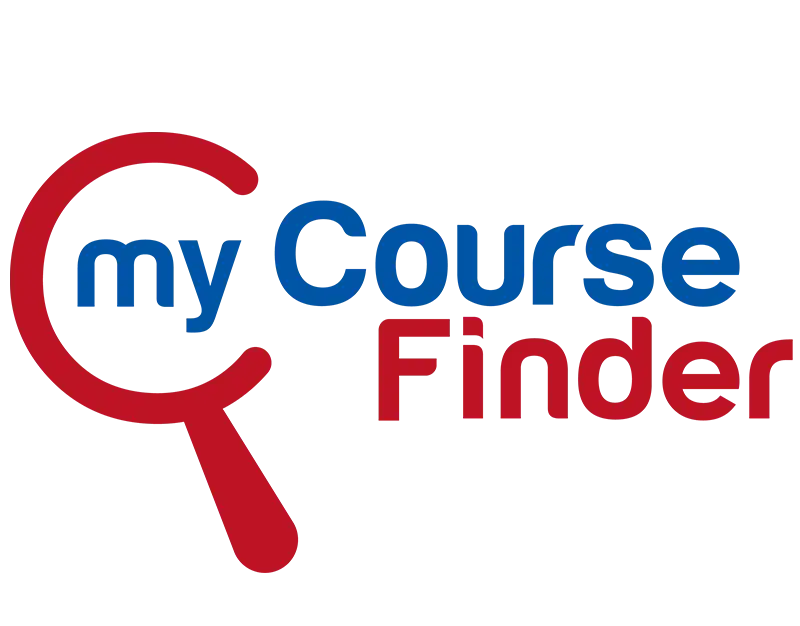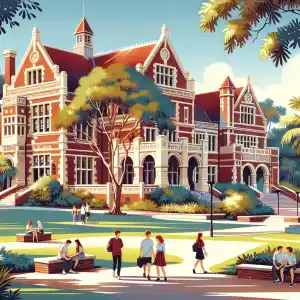Algeria: A Land of Rich History, Diverse Landscapes, and Educational Evolution

Algeria: A Land of Rich History, Diverse Landscapes, and Educational Evolution
Algeria, the largest country in Africa by land area, sits at the crossroads of cultures, histories, and geographies. With a Mediterranean coastline, vast Sahara desert, and vibrant cities, Algeria is a nation of diverse landscapes and peoples. Its rich history spans from ancient Numidian kingdoms and Roman ruins to French colonial heritage and the struggle for independence. Today, Algeria is navigating the path of economic diversification, environmental challenges, and educational reform, increasingly engaging with the global community, including forging educational ties with countries like Australia. This exploration delves into Algeria's historical legacies, cultural richness, economic aspirations, and the evolving educational connections that highlight a future of growth and international collaboration.
Algeria's Cultural and Historical Tapestry
Algeria's history is a testament to the resilience and cultural richness of its people. The country boasts a wealth of historical sites, such as the Roman ruins of Timgad and Djemila, and the Casbah of Algiers, a UNESCO World Heritage site that reflects the intricate blend of Berber, Arab, and French influences. Algeria's struggle for independence from France in 1962 is a defining chapter in its modern history, shaping the national identity and political landscape.
Algerian culture is marked by its diversity, from the Berber communities in the Kabylie region and the Sahara to the cosmopolitan cities along the coast. Music genres like Raï and Chaabi, traditional crafts, and the rich culinary traditions tell the story of a people deeply connected to their land and heritage.
Economic Development and Diversification
Algeria's economy has long been dominated by hydrocarbons, with oil and natural gas accounting for the bulk of export revenues. However, the government is actively seeking to diversify the economy by investing in agriculture, renewable energy, tourism, and technology. Efforts to improve infrastructure, foster entrepreneurship, and attract foreign investment are key to Algeria's economic strategy, aiming to reduce dependency on oil and create sustainable growth.
Environmental Initiatives and Challenges
Algeria faces several environmental challenges, including desertification, water scarcity, and coastal erosion. The government and various NGOs are implementing strategies to combat these issues, such as afforestation projects, water management policies, and the promotion of renewable energy sources. Algeria's commitment to increasing its renewable energy capacity, especially solar power in the Sahara, underscores the country's potential to lead in green energy initiatives.
Strengthening Educational Ties with Australia
Education is a cornerstone of Algeria's development, with ongoing reforms aimed at improving quality, accessibility, and alignment with global standards. The country's higher education system is expanding, with a focus on science, technology, engineering, and mathematics (STEM) fields, as well as humanities and social sciences.
Collaboration with international partners is key to enhancing Algeria's educational landscape. In this context, the relationship with Australia represents a growing area of cooperation. Australian universities are attractive destinations for Algerian students seeking high-quality education and research opportunities. Fields such as mining engineering, water resource management, and renewable energy are particularly relevant, reflecting shared interests and challenges.
Educational Exchange Programs and Scholarships
Educational exchange programs and scholarships play a significant role in fostering ties between Algeria and Australia. These initiatives not only provide Algerian students with access to advanced knowledge and skills but also promote cultural exchange and mutual understanding. Joint research projects and academic partnerships are further strengthening the educational bonds between the two countries, contributing to a collaborative approach to global challenges.
Conclusion: A Future Built on Education and International Cooperation
Algeria's journey is one of embracing its rich cultural heritage while pursuing economic diversification, environmental sustainability, and educational excellence. The country's engagement with the international community, particularly through educational collaborations with Australia, highlights a commitment to growth, innovation, and global citizenship. As Algeria continues to navigate the complexities of the 21st century, its focus on education, international partnerships, and sustainable development will undoubtedly pave the way for a prosperous and interconnected future.
This exploration of Algeria's historical legacies, cultural diversity, economic aspirations, and evolving educational connections underscores the importance of embracing change, fostering international cooperation, and investing in the next generation. Through shared knowledge, cultural exchange, and mutual support, Algeria and its global partners, like Australia, can achieve lasting progress and contribute to a more inclusive and sustainable world.











